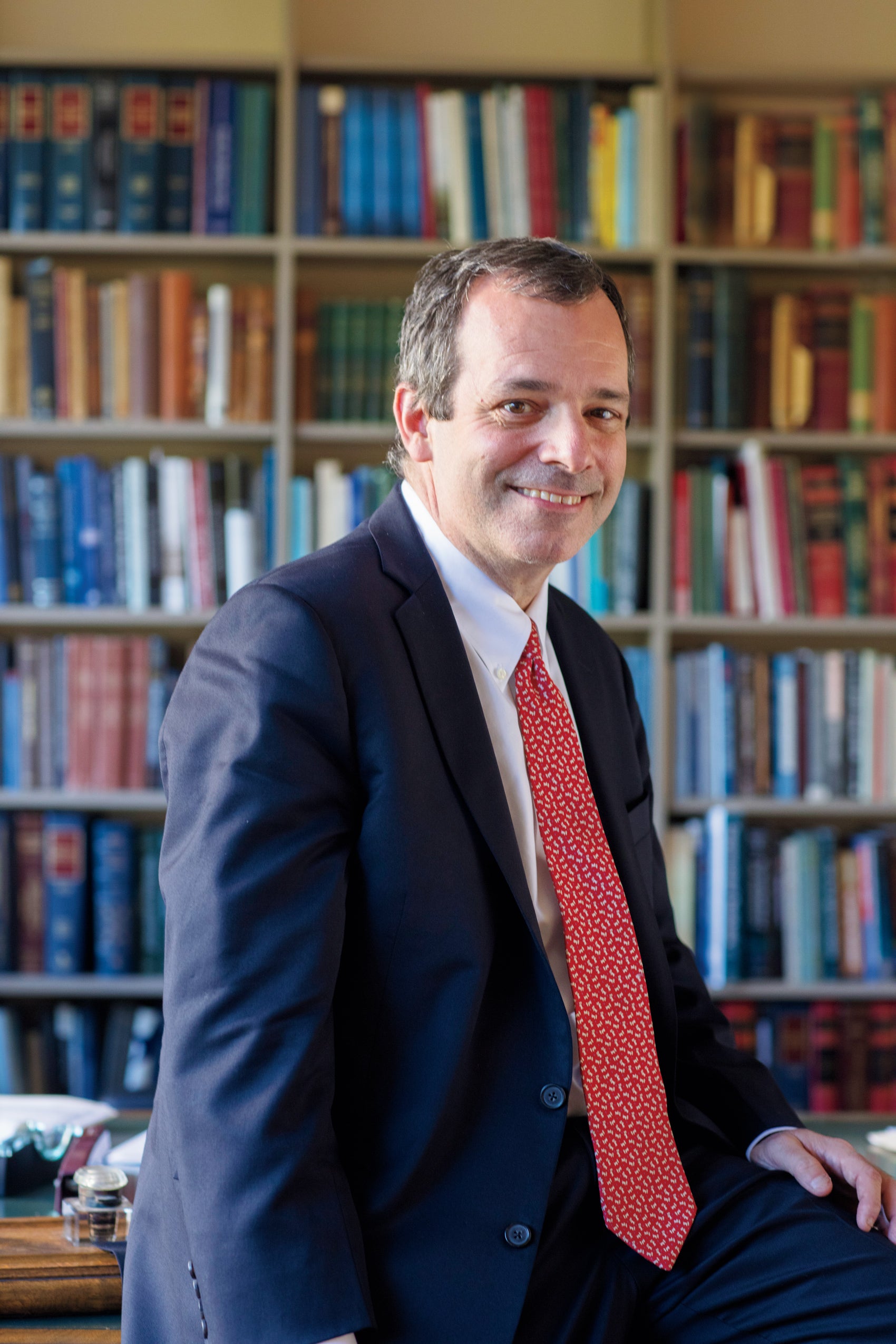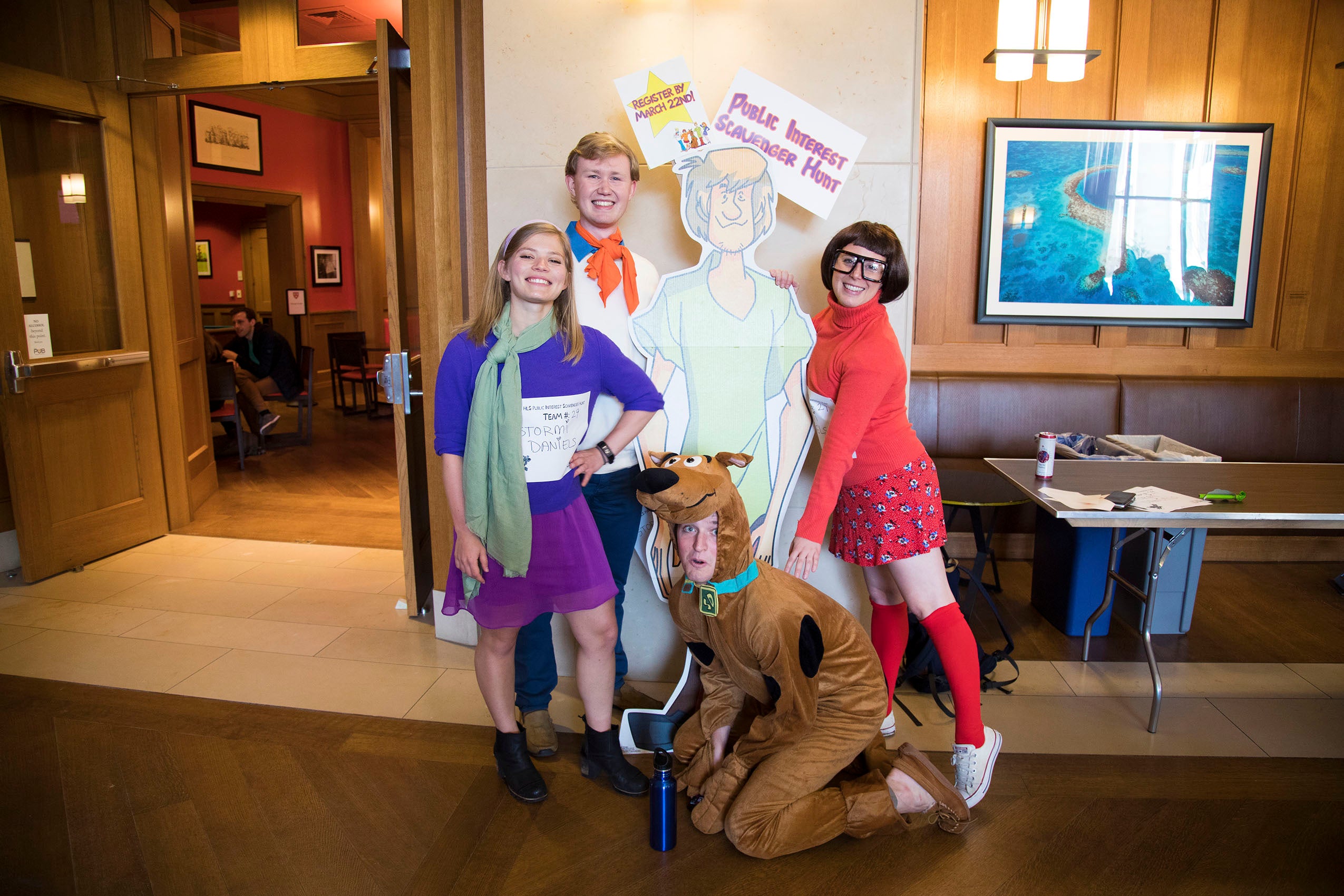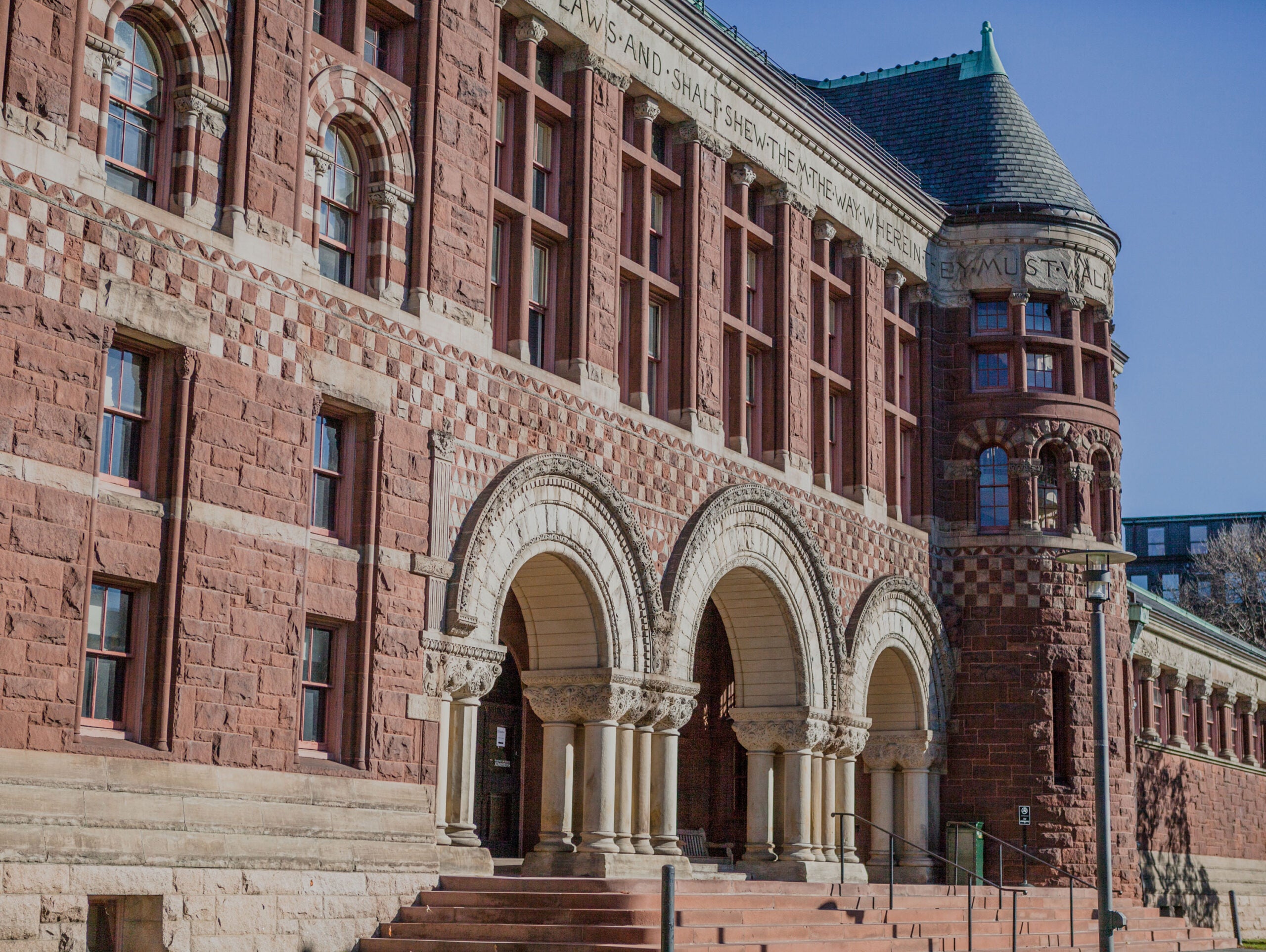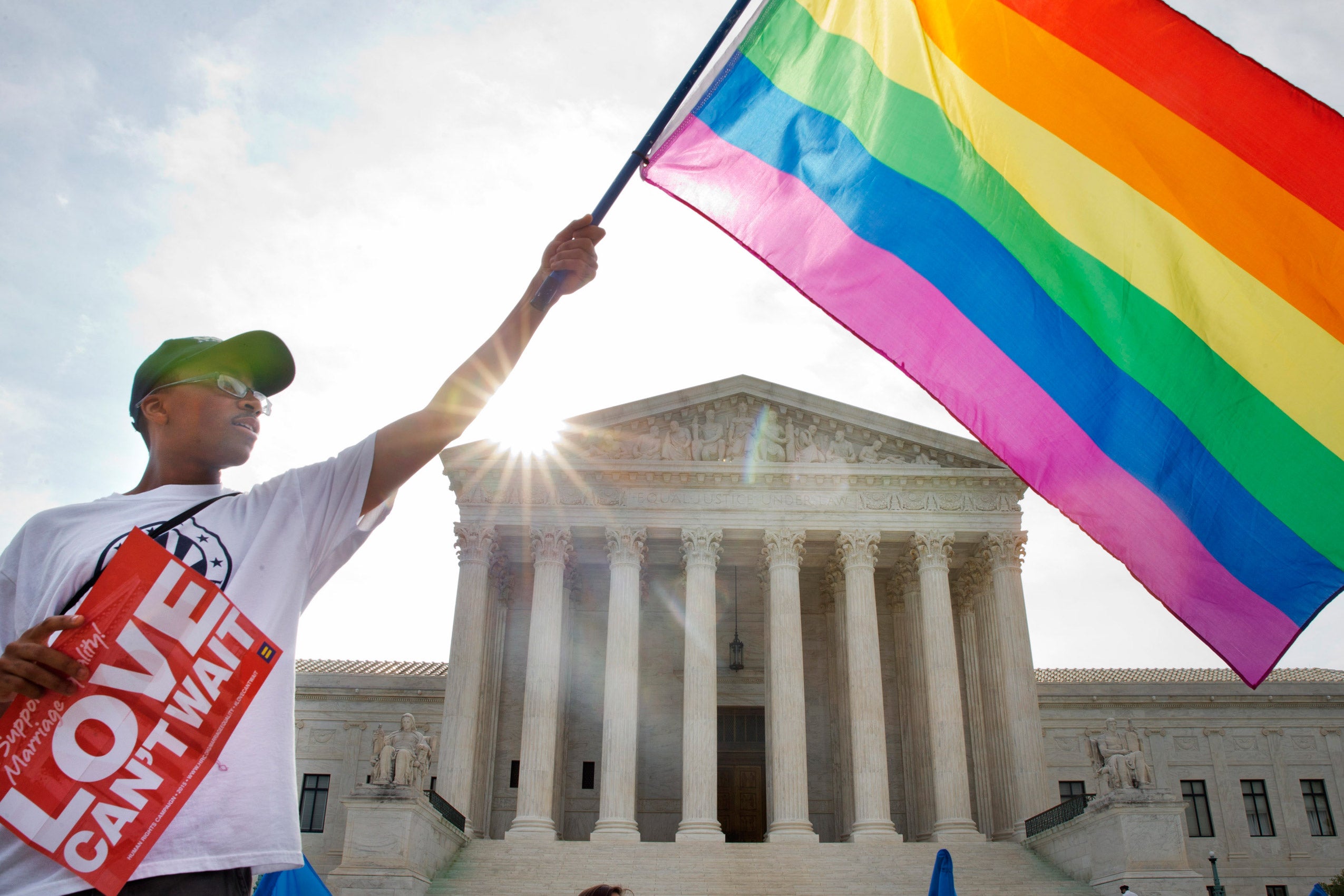People
William Rubenstein
-
An Ohio federal judge overseeing sprawling opioid multidistrict litigation adopted the recommendation of a Harvard Law School professor that more information is needed before he can approve a request for a common benefit fund setting aside $3.3 billion in attorney fees. U.S. District Judge Dan Aaron Polster ordered more briefing Wednesday following a report from William B. Rubenstein, the professor who was brought in to assess the plaintiffs' request. The judge issued a set of questions based on the report to the plaintiffs and other interested parties. Rubenstein told the court in his report Wednesday that the MDL's "truly unique" structure and nature means the court should proceed cautiously, saying the request for a common benefit fund "tests uncharted waters." While a common benefit fund is usually put in place in anticipation of an aggregate settlement, at this point in the opioid MDL, it's unclear whether such a settlement is even feasible, what structure it would take, and which defendants will settle, Rubenstein said. In addition, there are numerous different types of suits in the MDL, some with many plaintiffs and some with few, and dozens of defendants involved in different aspects of the pharmaceutical chain, Rubenstein said. As such, smaller settlements that might be taxed to support the benefit fund could take very different forms, he said. "A single common benefit assessment levied on multiple different types of settlements involving many different types of plaintiffs and multiple defendants runs the risk of being too crude an approach," he said.
-
Opioid Judge Taps Harvard Prof To Guide $3B Fee Fight
March 11, 2020
The Ohio federal judge overseeing multidistrict litigation over the opioid epidemic tasked a Harvard Law School professor on Monday with helping the court navigate "novel" legal issues about how to compensate attorneys, some of whom say their payday could amount to more than $3.3 billion. U.S. District Judge Dan Aaron Polster said in a notice that William B. Rubenstein, who previously worked on the multimillion-dollar NFL concussion settlement and subsequent fee fight, is best positioned to help navigate the debate over how much attorneys will be able to take home after the dust settles on a wave of opioid-crisis lawsuits.
-
The U.S. Supreme Court on Wednesday stopped short of prohibiting a form of class action settlements in which funds awarded go to unrelated third parties and lawyers but not to the parties making claims. The justices in Frank v. Gaos, which involved an $8.5 million internet privacy settlement with Google, did not address the legality of class settlements featuring only “cy pres” funds going to third-party groups and organizations and not to plaintiffs. ...Cy pres critics claim it has become a common litigation tactic, but an amicus brief by Harvard Law’s William Rubenstein said only 18 cy pres-only settlements have been approved by federal courts in the last 20 years.
-
New Class Action Guidelines in Northern District of California Prompt Commendation and Concerns
November 8, 2018
The Northern District of California’s new procedural guidance for class action settlements is among the most detailed in the nation, prompting welcome relief to critics but raising fresh concerns for some practitioners...“It’s been my experience that the judges in the Northern District of California have been more attentive to these issues than others in the country,” said William Rubenstein, a professor at Harvard Law School.
-
Supreme Court Justices Weigh Limits on Settlements in Google Case
November 1, 2018
U.S. Supreme Court justices questioned an $8.5 million Google settlement in a case that could make it harder for companies to resolve class-action lawsuits without providing direct compensation to those affected...Critics say such settlements are an increasingly common litigation tactic, used by Facebook Inc. as well as Google. But a brief filed by Harvard law professor William Rubenstein said that in the past two decades federal judges have approved only 18 cy pres settlements in which all the money went to lawyers and outside groups.
-
The Market for Lead Plaintiffs
September 20, 2018
A drama is playing out in Boston federal court before a respected judge that could prove to be a legal “Watergate,” one that could reshape class action practice. Combining elements that are both sordid and comic, this litigation has already shown that the leading experts on legal ethics disagree significantly over what must be disclosed to the court approving a class action settlement...the Labaton firm hired Harvard Law Professor William Rubenstein, a class action expert, who opined that fee allocation agreements do not need to be included in this notice to the class...Relying on the language of Rule 23(h), which cross references Rule 54(d)(2) of the Federal Rules of Civil Procedure, which in turn states in subclause (d)(2)(B)(iv) that a motion for fees must “disclose, if the court so orders, the terms of any agreement about fees for the services for which the claim is made,” Professor Rubenstein argued that disclosure of fee allocation agreements need not be disclosed—absent a court order. He testified: “I’m saying Rule 23 says that the burden’s on the Court.”
-
A case before the U.S. Supreme Court challenging application of the cy pres doctrine in class action settlements has attracted a flurry of amicus briefs on both sides—and the arguments are all over the map...Several other groups filed amicus briefs on Wednesday supporting the Google settlement. Those included Public Citizen, the National Consumer Law Center and 20 law professors, including Harvard Law School’s William Rubenstein, who insisted that cy pres-only settlements are rare.
-
Manning elected to American Law Institute
August 1, 2018
The American Law Institute has elected John Manning ’85, Harvard Law School Morgan and Helen Chu Dean and Professor of Law, as a member. Manning and four Harvard Law School graduates were five of 34 new members elected this year.
-
Now in its second year, the Harvard Law School Public Interest Scavenger Hunt continued its focus on HLS history and trivia, but also highlighted alumni who have done important public interest work.
-
Expert Urges Contingency Fee Cap In NFL Concussion Deal
December 13, 2017
A court-appointed expert brought in to address several questions surrounding attorneys’ fees payouts in the uncapped NFL concussion settlement recommended Monday that the Pennsylvania federal court overseeing the settlement should cap contingency fees for individual attorneys at 15 percent and scrap another request to set aside 5 percent of settlement awards to compensate future work in administering the settlement. Harvard Law School professor William B. Rubenstein submitted his final report to the the court, arguing that the “recommendations strike a proper balance between fairly compensating the lawyers for the services that they have provided — or will provide — while ensuring that the absent class members do not pay fees that are, in total, unreasonable.”
-
A Harvard professor who reviewed the attorney fee request in the $1 billion concussion litigation settlement with the NFL has recommended placing limits on potential recovery for lawyers. Harvard Law School professor William Rubenstein issued a 47-page report Monday recommending that a presumptive 15 percent cap be set on all contingent fee contracts for attorneys representing former players individually. He also rejected arguments that parties should pay an additional 5 percent set-aside toward a common benefit fund for class counsel attorneys working to implement the settlement program. Rubenstein was asked earlier this year by the U.S. District Court for the Eastern District of Pennsylvania to vet the lump-sum fee request in the case. “It is my expert opinion that my recommendations strike a proper balance between fairly compensating the lawyers for the services that they have provided—or will provide—while ensuring that the absent class members do not pay fees that are, in total, unreasonable,” Rubenstein said.
-
Harvard Prof Slated As Fees Expert In NFL Concussion Case
September 18, 2017
A Pennsylvania federal judge on Thursday appointed Harvard Law School professor William B. Rubenstein to address several questions surrounding attorneys’ fees payouts in the uncapped NFL concussion settlement, overruling concerns that his involvement may create a conflict of interest...U.S. District Judge Anita B. Brody said Rubenstein must conclude whether a cap can and should be implemented in relation to the percentage any class member must pay his attorney, while also making a determination on how high the cap should be...
-
After reaching a $101 million class action settlement to resolve lawsuits brought over a chemical spill that contaminated a West Virginia river, the plaintiffs lawyers asked a federal judge to grant them 30 percent of the fund as contingency fees. The judge praised their work but found that fee request to be just too high...The concern for those on the bench is how to award plaintiffs lawyers for their work without granting them excessive fees and leaving class members in the lurch. "Judges do take the role seriously," said William Rubenstein, a professor at Harvard Law School whose highly regarded "Newberg on Class Actions" has cited the Eisenberg/Miller and Fitzpatrick studies in his 11-volume treatise, alongside data he has used from a former publication called Class Action Attorney Fee Digest. "And they understand they're a bulwark against excessive fees from the class members' money."
-
Mack, Rubenstein elected members of the American Law Institute
November 23, 2016
The American Law Institute has elected HLS Professors Kenneth Mack ‘91 and William Rubenstein ’86 as members.
-
The Wild West of Fee Fights (registration)
March 13, 2016
Fee fights among plaintiffs attorneys in multidistrict litigation have forced more federal judges in recent cases to wade into the disputes — with practically no case law to guide them..."There are huge issues about the governance of MDLs that no Supreme Court has addressed in any satisfying way," said William Rubenstein, a professor at Harvard Law School who has testified as an expert for those challenging MDL fees. "The fee aspects are one of a subset of questions of how they're governed that have yet to attract good appellate law. The district court judges are struggling with these issues."
-
When it comes to healthcare costs, there's what you may owe the hospital, what you may owe your doctor and what you may owe the drugstore. Most patients would probably agree that paying an additional fee solely to receive your bill is a bit much..."Businesses hate class actions because, otherwise, they could continue getting away with mischarging for small amounts," said William Rubenstein, a Harvard University law professor. "No one would ever sue them."
-
Harvard Law School: The road to marriage equality
June 26, 2015
Since at least 1983, when Harvard Law student Evan Wolfson ’83 wrote a third-year paper exploring a human rights argument for same-sex marriage, Harvard Law School has participated in anticipating, shaping, critiquing, analyzing and guiding the long path toward marriage equality.
-
Comcast Corp. and Home Box Office Inc. were sued by pay-per-view customers who claim they were ripped off by a failure to disclose boxer Manny Pacquiao had a shoulder injury going into his May 2 fight with Floyd Mayweather Jr. ... They're trying to force the companies that televised the fight, the boxers and their management companies to forfeit the estimated $300 million they made from the event. A class-action defense lawyer not involved in the case said it may face an early knock-out attempt. "If I were representing any of the defendants, I would relish making a motion to dismiss," said Andra Greene of Irell & Manella LLP in Newport Beach, California. "There's no specificity as to who knew what when."... Harvard University law professor William Rubenstein echoed the California litigator. "If the claims are based on state law and the law is different in every state, than it would be hard to have a nationwide class action," he said.




